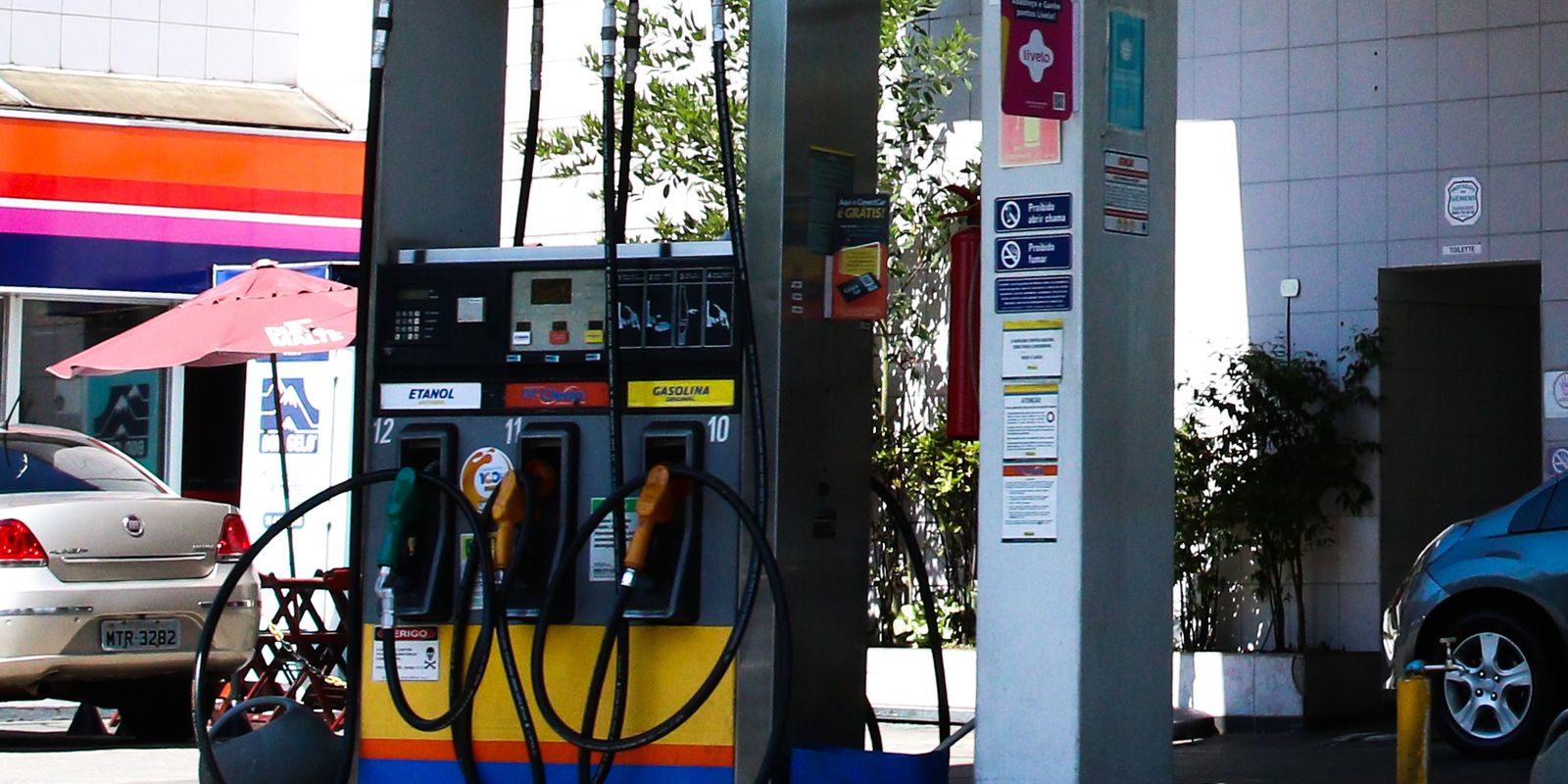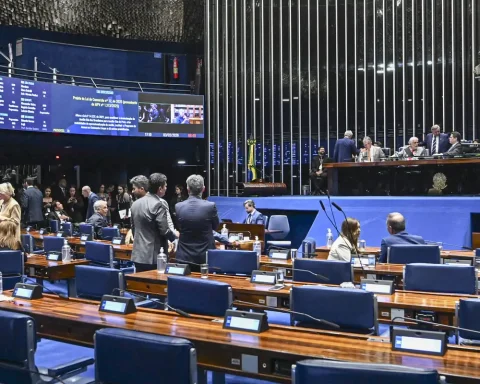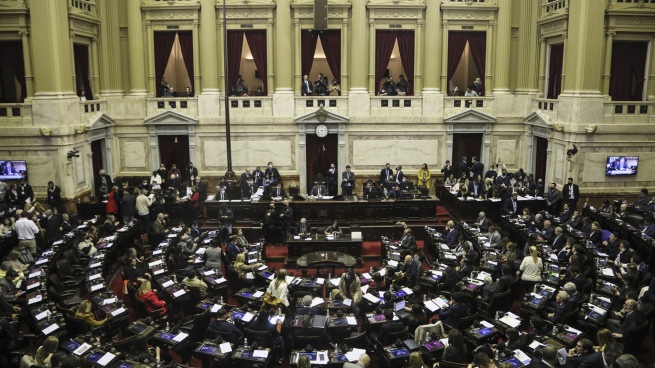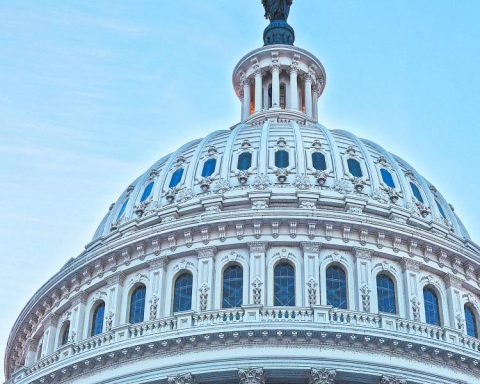The Senate approved today (14), in two rounds, the proposed amendment to the Constitution (PEC) that promotes the competitiveness of biofuels, such as ethanol, in relation to fossil competitors, such as gasoline. The matter goes on to be analyzed by the Chamber.
The proposal, authored by Senator Fernando Bezerra (MDB-PE), aims to maintain a tax advantage and lower taxation of biofuels for a period of at least 20 years. The rule includes the following taxes: Social Security Financing Contribution (Cofins) paid by the company on revenue or billing and by the importer of goods or services from abroad; Contribution to the Programs for Social Integration and Formation of Public Servant Assets (PIS/Pasep) and Tax on Circulation of Goods and Services (ICMS).
“The tax structure must preserve the competitiveness between the biofuel and its fossil competitor, avoiding disincentives to the clean, renewable and domestically produced product, generating income and jobs, to the detriment of the consumption of imported petroleum derivatives with greater impact on the climate and the environment. environment”, explained Bezerra.
According to the author of the proposal, the application of a differentiated tax burden between clean sources and fossil fuels is adopted in dozens of countries as a way of internalizing externalities not captured autonomously by the market into the price system.
ICMS
“Given the presence of proposals to change the tax burden applied to fuels in Brazil, this initiative offers the necessary legal certainty for the consolidation and expansion of investments, as it prevents such changes from promoting unwanted distortions in market dynamics, benefiting a sector to the detriment of the other”, argued Bezerra.
The text also provides for the Union’s compensation for state revenue losses. The project’s objective is to cause a reduction in the value of fuel at the pump, alleviating consumer spending on gasoline, which exceeds R$ 7 per liter in the country, and on diesel, also benefiting truck drivers and transporters. The PLP also seeks to reduce the value of cooking gas and electricity bills.
















